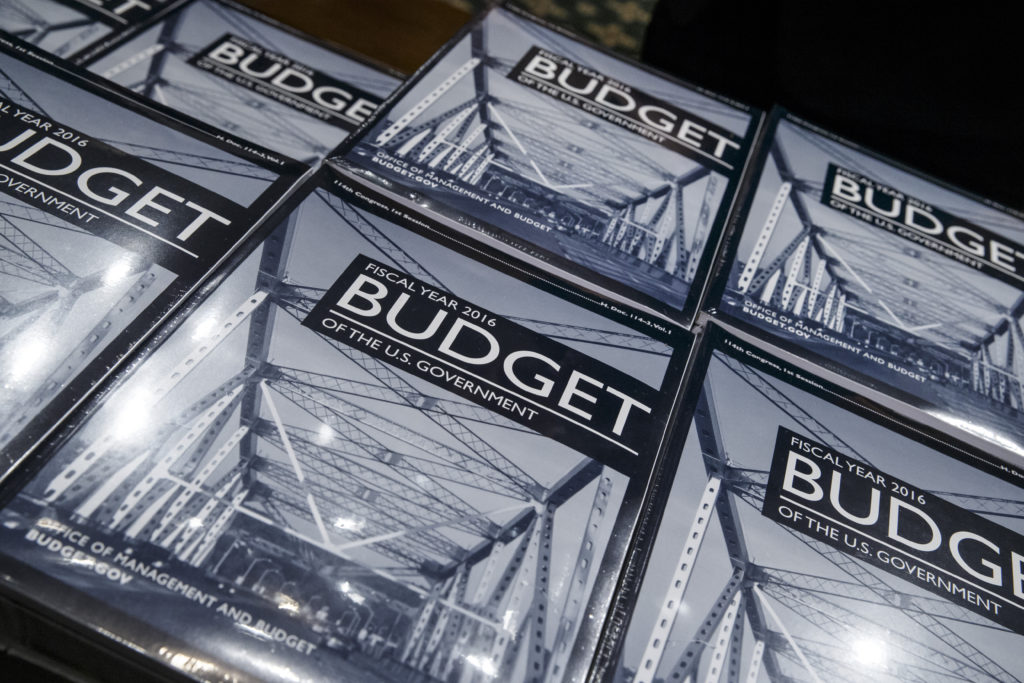Why millennials should get behind Trump’s tax reform
{$excerpt:n}


(AP Photo/J. Scott Applewhite)
It’s not your imagination. Things are getting harder for the millennial generation to get ahead. According to a number of studies and economic indicators, young people are having a harder time securing good-paying jobs and purchasing a home.
There is plenty of blame to go around, but one place to look for why this generation has it more difficult than the last is found in our tax code. Over time, the tax code has become a case study for cronyism, pitting the well-connected against just about everyone else – including young people.
To put things in perspective, it helps to consider that back in the mid-1980s the number of pages in the tax code was around 26,000. Today, that number has nearly tripled. The reason? Congress has been busy re-writing tax laws to carve out deductions, credits, and subsidies for their favorite special interests. According to one estimate, Congress has made close to 6,000 changes to the code since 2001 alone.
There are tax breaks for just about every industry, including electric motorcycles and rum from the Virgin Islands. As Jason J. Fichtner and Jacob M. Feldman of the Mercatus Center aptly put it, “An overly complex and cumbersome tax code favors businesses and individuals who can afford well-paid accountants and lawyers.”
Thankfully, the Trump administration and many in Congress are talking about dramatically simplifying the tax code and doing away with many of the handouts that benefit the powerful and well connected. Among the boldest ideas is simplifying the code so much that it would shrink the size of our tax form to the size of a postcard.
This would mean eliminating many of the deductions and brackets that make tax filing a nightmare requiring 6 billion hours of taxpayer time and $195 billion in compliance costs each year. That’s time and money that could be used for more productive purposes, like saving for a first home or starting a company. After all, a 2016 study found that millennials are opening businesses at a higher rate than their baby boomer predecessors.
With billions of dollars on the line, don’t expect special interest groups – including those same lawyers, accountants, and lobbyists who benefit from the current system – to roll over quietly. Expect many of these voices to join forces with members of Congress to decry tax reform as nothing more than tax cuts for the rich. It’s a misleading and tired trope.
For proof, we can look to the past when Congress reformed the tax code and cut taxes. What we see is Americans had more money in their pockets and had more job opportunities.
In fact, during the five-year period following Reagan tax cuts, per-capita disposable income increased by $2,715. By way of comparison, per-capita disposable income only rose a paltry $798 following President Obama’s 2009 “economic stimulus.”
Of course, for tax reform to deliver for the American people, it must be done right. It won’t do if Congress only tinkers around the edges. Tax reform must be bold. It must make the tax code simpler, fairer, and more efficient by eliminating special interest tax credits and deductions.
Reforming the tax code is the only way to chip away at the two-tiered system where the well-connected are able to throw their weight around to get the most favorable treatment.
This generation is struggling to keep pace with previous generations who were able to live out their American Dream, but it doesn’t have to be that way. Young people should get behind this once-in-a-generation opportunity to reform our tax code. It will go a long way toward leveling the playing field to that our tax laws treat everyone the same, while improving the lives of all Americans, especially younger ones.
The post Why millennials should get behind Trump’s tax reform appeared first on Red Alert Politics.
Source: Red Alert Politics



